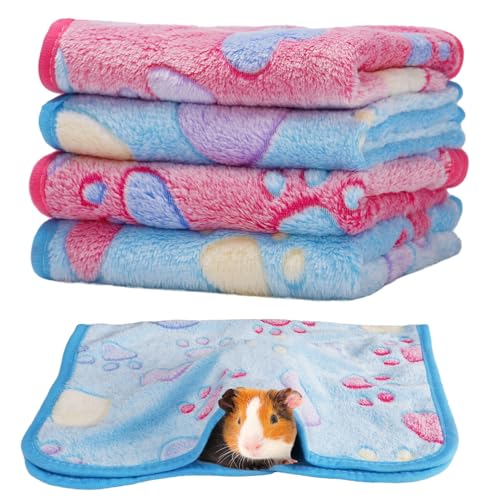Mt. Zion Chins
Barb
I had someone from the Academy of Natural Science of Philadephia contact me about me selling them a couple of chins (same sex) for the Academy. They have 2 chins that are about 13 years old that they want to retire and go to one of the employees home. He explained the diet which included dried fruits and vegetables - I explained that particulary fruit (especially dried fruit) is very bad for chins and the vegetables aren't good either
this is the answer to my email back to him:
I can assure you that all of our chinchillas are handled and socialized on a daily basis and receive the most nutritious food - in fact our chins get more attention and quality care than a private home. My degree is in wildlife sciences with extensive training in anatomy, physiology, nutrition and parasitology. Also, our vet is an expert in exotic animal care (who works not only with our facility but other animal care facilities, is on the board of several nationally and internationally recognized exotic veterinary associations, is an AZA inspector, and is an instructor in exotic vet medicine). All our diets (including what treats we use) are cleared through our vet.
Our chins receive a controlled amount of high quality chinchilla extruded diet (pellets), fresh veggies, and unlimited Timothy or mixed-grass hay daily. We weigh our chins at minimum monthly, and they are given regular vet exams (our vet is scheduled to be in the building monthly). Obesity, overgrown molars or incisiors, skin/coat problems or other disorders have never been a problem in this facility (unless the animal came with those health issues.)
I must say I disagree that dried fruits are bad for chinchillas - this is mis-information. Yes - dried fruits are higher in sugar (fructose) than fresh fruits and should not be over-used in the diet; however, when employed judiciously for the purposes of positive reinforcement, dried fruits such as raisins are not only useful but not nutritionally "bad". Most lay people who have chins simply do not have the training in animal nutrition that we employ in our facility and therefore over use dried fruits. And many chin diets available in pet stores also contain ingredients that increase the protein or sugar and serve simply as "junk fillers." However, those experienced in animal care avoid using those diets.
I am sorry that you are uncomfortable with our facility as a home for your chinchillas and thank you for responding to my inquiries.
I told him that HE was wrong and to go on to chins-n-hedgies for correct information - He probably won't because he thinks he knows it all - The problem is that imagine all the people who visit 'the Academy' and get wrong information about feeding chins ?????
this is the answer to my email back to him:
I can assure you that all of our chinchillas are handled and socialized on a daily basis and receive the most nutritious food - in fact our chins get more attention and quality care than a private home. My degree is in wildlife sciences with extensive training in anatomy, physiology, nutrition and parasitology. Also, our vet is an expert in exotic animal care (who works not only with our facility but other animal care facilities, is on the board of several nationally and internationally recognized exotic veterinary associations, is an AZA inspector, and is an instructor in exotic vet medicine). All our diets (including what treats we use) are cleared through our vet.
Our chins receive a controlled amount of high quality chinchilla extruded diet (pellets), fresh veggies, and unlimited Timothy or mixed-grass hay daily. We weigh our chins at minimum monthly, and they are given regular vet exams (our vet is scheduled to be in the building monthly). Obesity, overgrown molars or incisiors, skin/coat problems or other disorders have never been a problem in this facility (unless the animal came with those health issues.)
I must say I disagree that dried fruits are bad for chinchillas - this is mis-information. Yes - dried fruits are higher in sugar (fructose) than fresh fruits and should not be over-used in the diet; however, when employed judiciously for the purposes of positive reinforcement, dried fruits such as raisins are not only useful but not nutritionally "bad". Most lay people who have chins simply do not have the training in animal nutrition that we employ in our facility and therefore over use dried fruits. And many chin diets available in pet stores also contain ingredients that increase the protein or sugar and serve simply as "junk fillers." However, those experienced in animal care avoid using those diets.
I am sorry that you are uncomfortable with our facility as a home for your chinchillas and thank you for responding to my inquiries.
I told him that HE was wrong and to go on to chins-n-hedgies for correct information - He probably won't because he thinks he knows it all - The problem is that imagine all the people who visit 'the Academy' and get wrong information about feeding chins ?????





















































